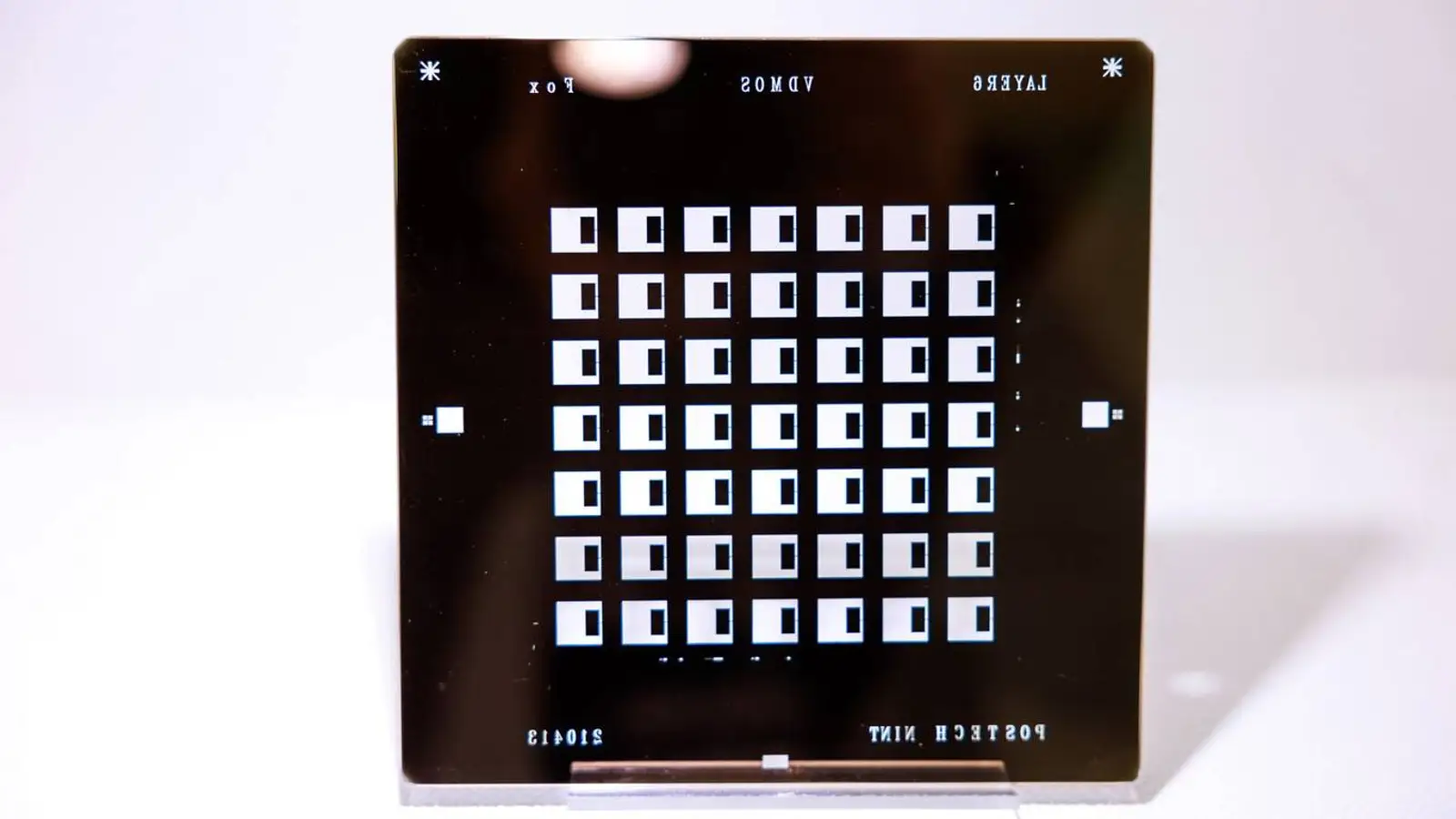Tesla and Apple consider glass substrates for AI chips
Tesla and Apple are exploring glass substrates to cut warpage and enhance AI chip performance for FSD, iPhone and data centers. Talks are early; interest grows.
Tesla and Apple are exploring glass substrates to cut warpage and enhance AI chip performance for FSD, iPhone and data centers. Talks are early; interest grows.

© D. Novikov
South Korea’s Etnews reports that Tesla and Apple are weighing the use of glass substrates in semiconductor manufacturing, a move aimed at cutting warpage risk and boosting the performance of chips built for artificial intelligence. Both companies have met with firms developing the technology, but no agreements have been signed; talks remain preliminary and focused on exchanging views.
Compared with traditional plastic substrates, glass is less prone to warping and supports denser component placement. That combination is critical for higher data throughput and steadier operation, which directly shapes the efficiency of AI-driven systems.
For Tesla, glass substrates could surface in future iterations of its FSD chips and in robotics, where peak compute is essential.
Experts say Apple intends to apply the technology to advance AI features on the iPhone and to develop solutions for servers and data centers.
Intel, AMD, Samsung, and Broadcom are already showing interest, underscoring a shift toward making glass substrates a next-generation standard. For Tesla and Apple, this looks like an opportunity to firm up their positions in the AI race and sharpen the competitiveness of their products.